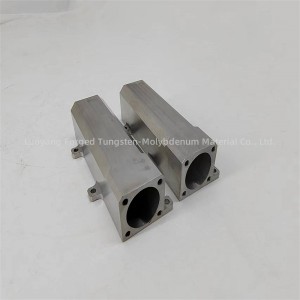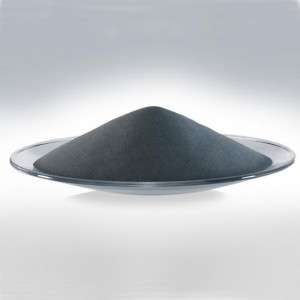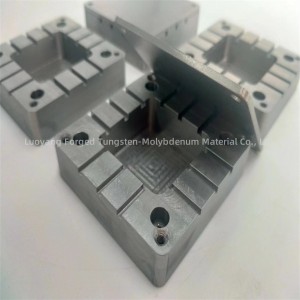high tensile strength 99.95% Niobium wire
Niobium wire is a high-purity niobium product with a purity of 99.95%, commonly referred to as niobium wire. The raw material for manufacturing niobium wire is high-purity niobium, which is made into filamentous niobium material through plastic processing methods. Due to its good plasticity at room temperature, niobium can undergo deformation processing such as rolling, drawing, spinning, and bending without heating.
| Dimensions | As your requirement |
| Place of Origin | Luoyang, Henan |
| Brand Name | FGD |
| Application | Aerospace, energy |
| Surface | bright |
| Purity | 99.95% |
| Density | 8.57g/cm3 |
| melting point | 2477°C |
| boiling point | 4744°C |
| hardness | 6Mohs |

| Grade | Chemical composition%, not greater than Chemical composition, Max | |||||||||||
| C | O | N | H | Ta | Fe | W | Mo | Si | Ni | Hf | Zr | |
| Nb-1 | 0.01 | 0.03 | 0.01 | 0.0015 | 0.1 | 0.005 | 0.03 | 0.01 | 0.005 | 0.005 | 0.02 | 0.02 |
| NbZr-1 | 0.01 | 0.025 | 0.01 | 0.0015 | 0.2 | 0.01 | 0.05 | 0.01 | 0.005 | 0.005 | 0.02 | 0.8-1.2 |
|
Diameter |
Allowable deviation |
roundness |
|
0.2-0.5 |
±0.007 |
0.005 |
|
0.5-1.0 |
±0.01 |
0.01 |
|
1.0-1.5 |
±0.02 |
0.02 |
|
1.0-1.5 |
±0.03 |
0.03 |
| Grade | Diameter/mm | tensile strengthRm/(N/mm2) | Elongation after fracture A/% |
| Nb1.Nb2 | 0.5-3.0 | ≥125 | ≥20 |
| NbZr1,NbZr2 | ≥195 | ≥15 |
1. Raw material extraction
(Niobium is usually extracted from the mineral pyrochlore)
2. Refining
( The extracted niobium is then refined to remove impurities and create a high-purity niobium metal)
3. Smelting and casting
(The refined niobium is melted and cast into ingots or other forms suitable for further processing)
4.Wire drawing
(The niobium ingots are then processed through a series of wire drawing dies to reduce the diameter of the metal and create the desired wire thickness)
5. Annealing
(The niobium wire is then annealed to relieve any stresses and improve its ductility and workability)
6. Surface treatment
(cleaning, coating, or other processes to enhance its properties or protect it from corrosion)
7. Quality control
- Superconducting magnets: Niobium wire is used to produce superconducting magnets for applications such as magnetic resonance imaging (MRI) machines, particle accelerators, and maglev (magnetic levitation) trains.
- Aerospace: Niobium wire is used in the aerospace industry for applications such as aircraft engines, gas turbines, and rocket propulsion systems due to its high-temperature strength and corrosion resistance.
- Medical devices: Due to its biocompatibility and corrosion resistance in the human body, niobium wire is used in medical devices such as pacemakers, implantable defibrillators and other medical implants.







- Complex extraction process: The extraction and refining process of niobium is complex and requires specialized equipment and expertise. This will increase production costs and in turn affect the market price of niobium.Professional applications: Niobium is valued for its unique properties, such as superconductivity, corrosion resistance, and high-temperature strength. These properties make it a popular material for specialized applications in industries such as aerospace, medical and electronics, which can drive up its price.
Niobium is a relatively soft and ductile metal. Its hardness is similar to pure titanium and has a relatively low hardness compared to many other metals. This softness and ductility make niobium relatively easy to process, allowing it to be formed into a variety of shapes and structures to suit different applications.
Niobium is used in steel production because it increases the strength, toughness and formability of steel. When added to steel in small amounts, niobium forms carbides that refine the steel's grain structure and inhibit grain growth as the steel cools. This modification can improve mechanical properties such as increased strength, hardness, and resistance to wear and fatigue. In addition, niobium can improve the weldability and heat-affected zone properties of steel, making it a valuable alloying element in a variety of steel applications, including automotive components, pipes, construction materials, and high-strength low-alloy (HSLA) steels.












